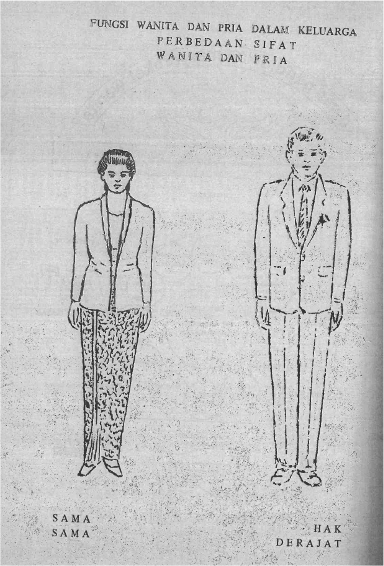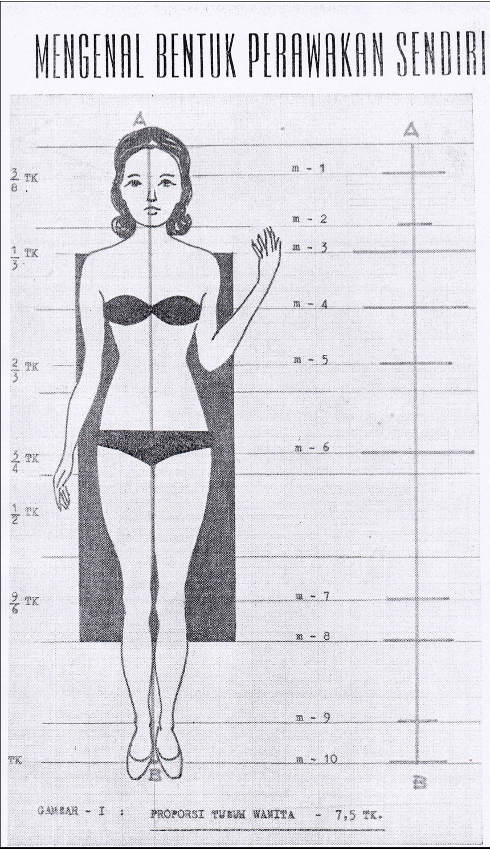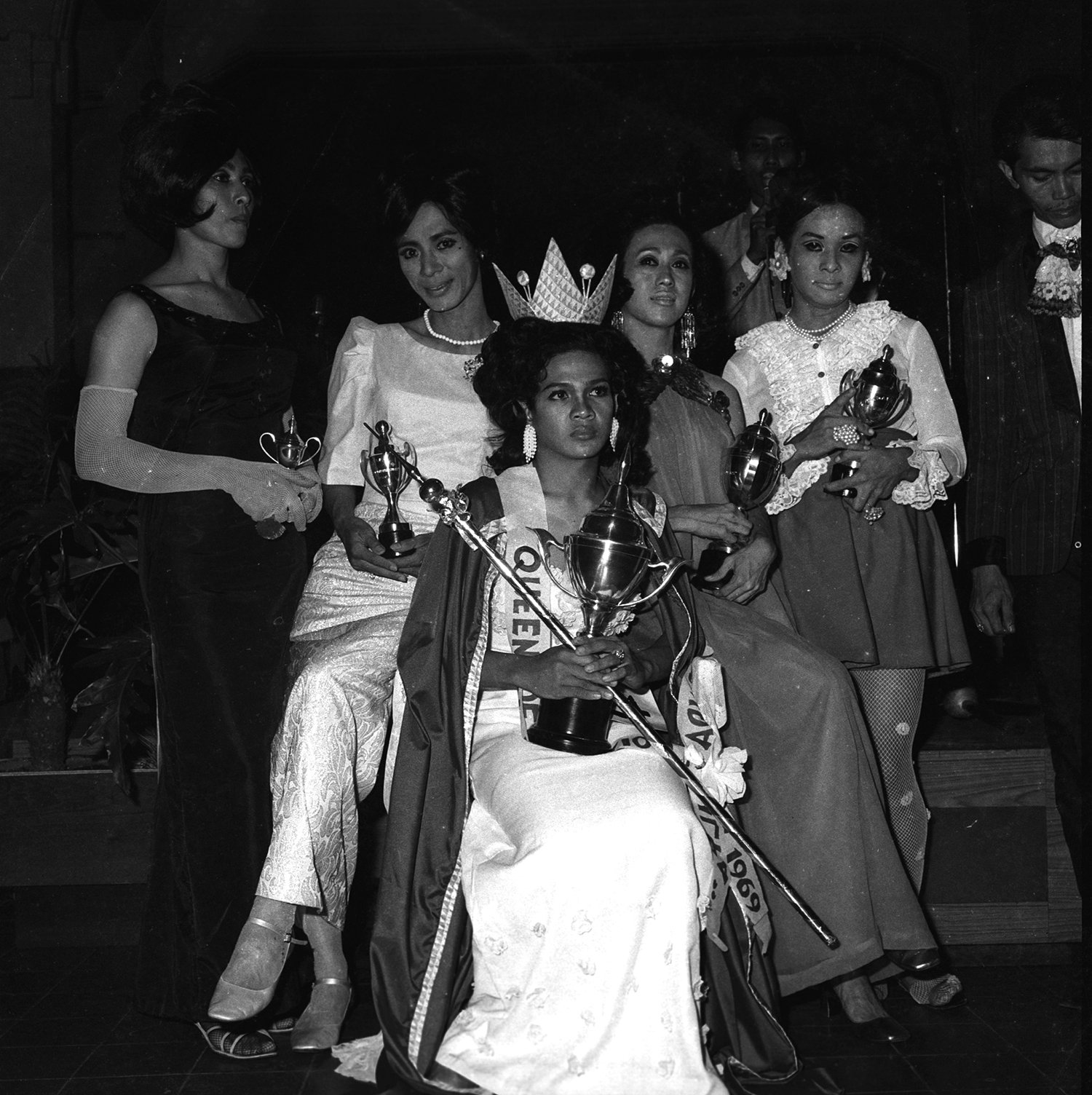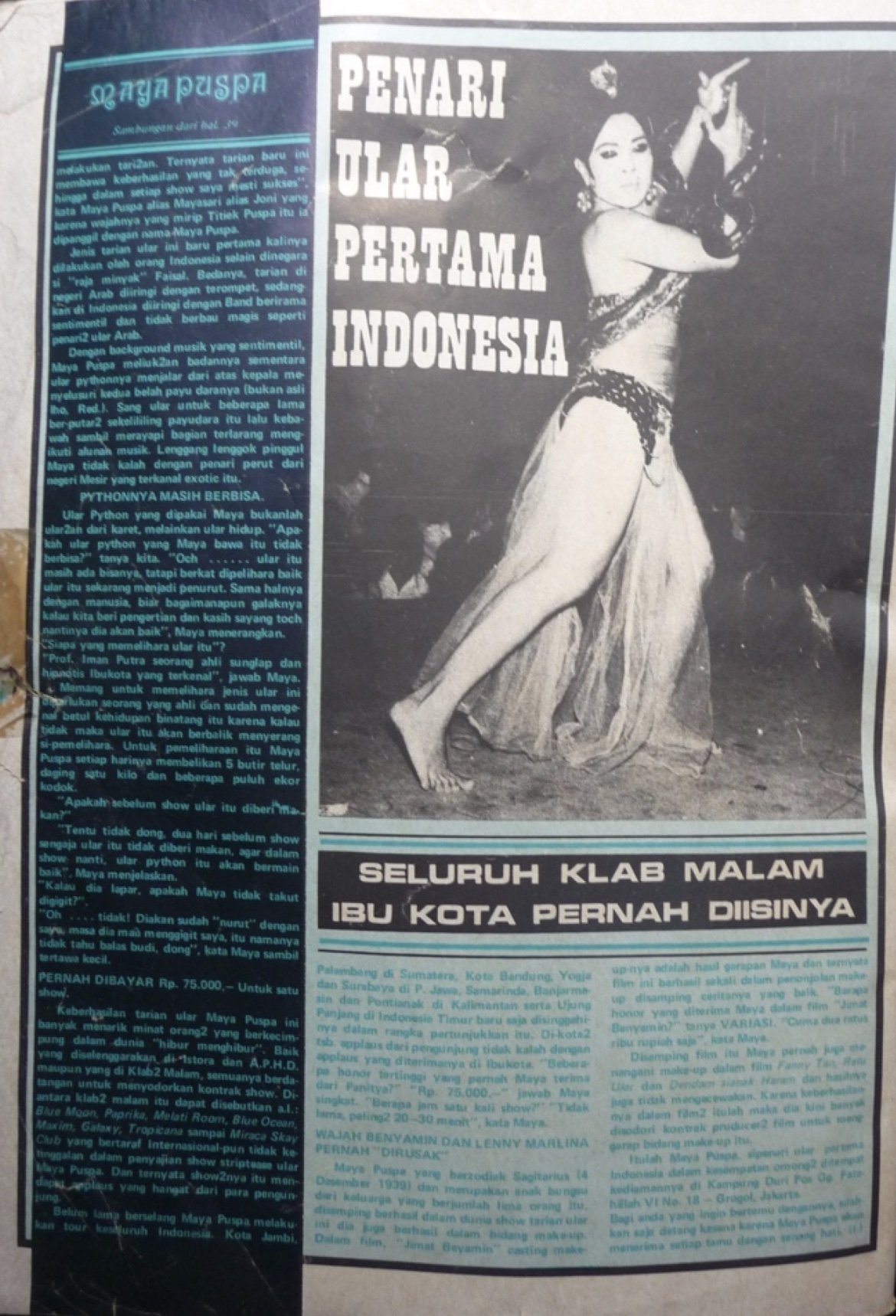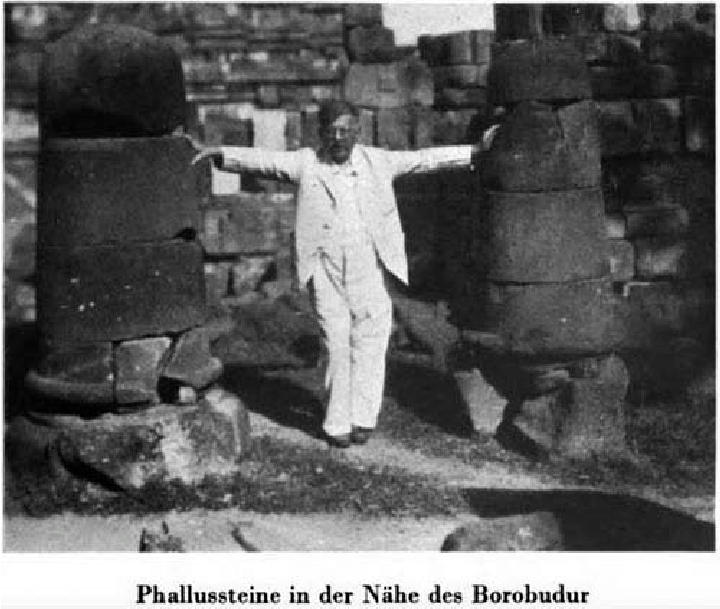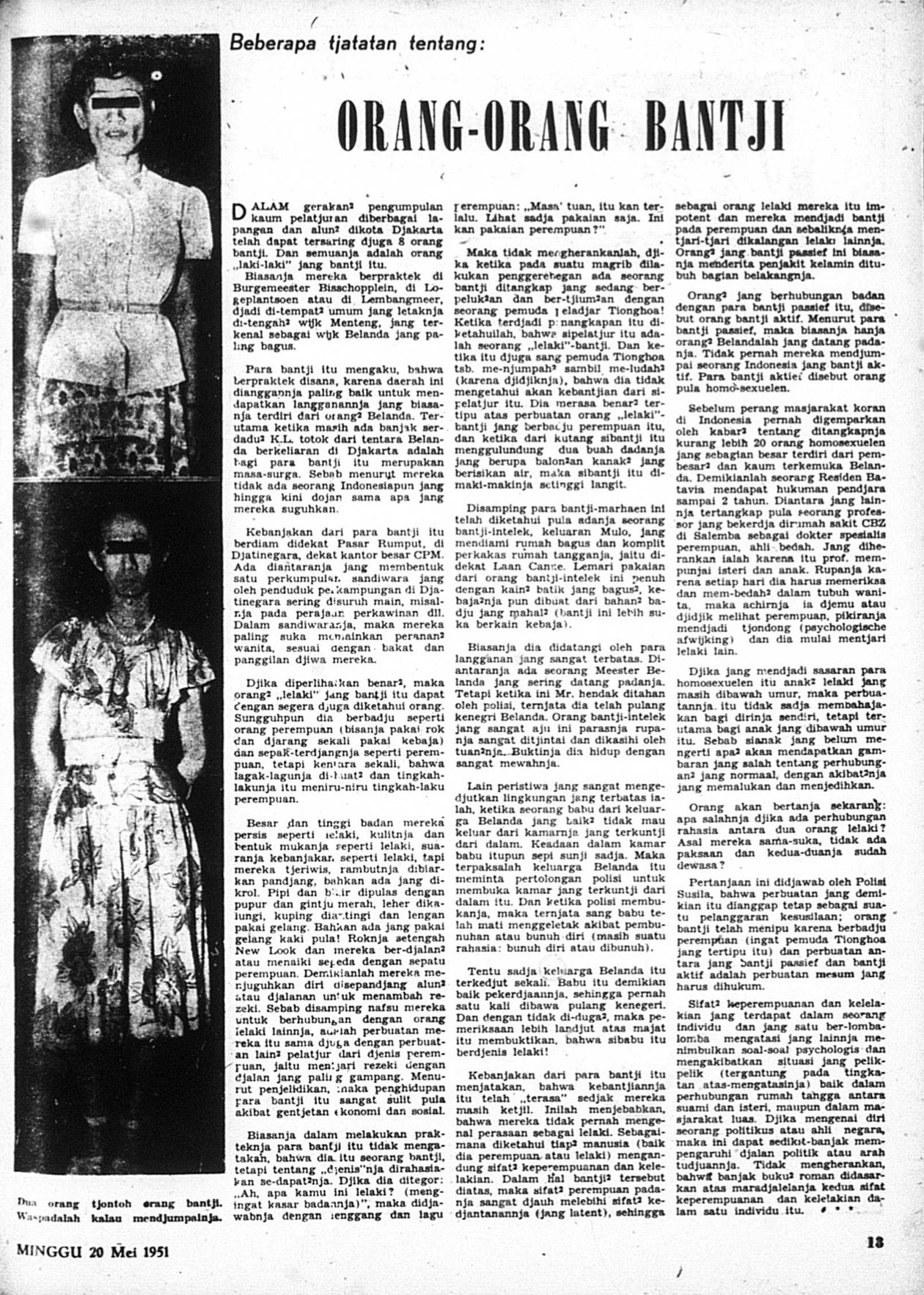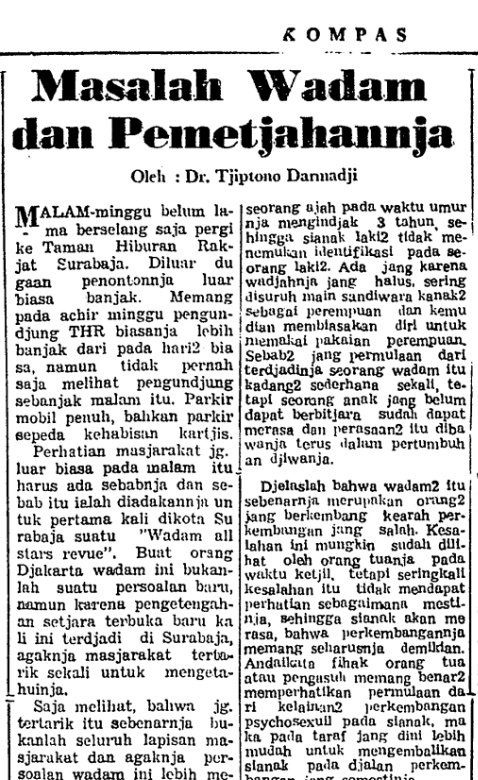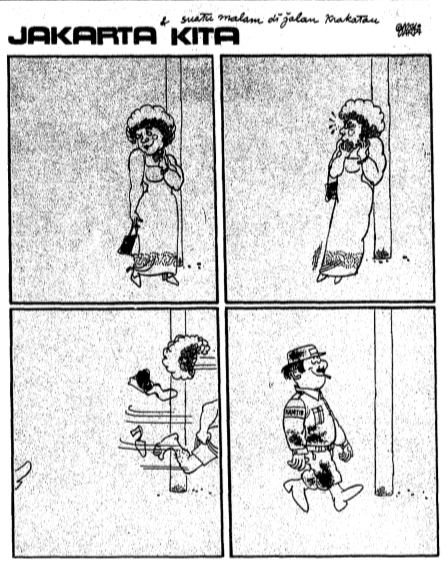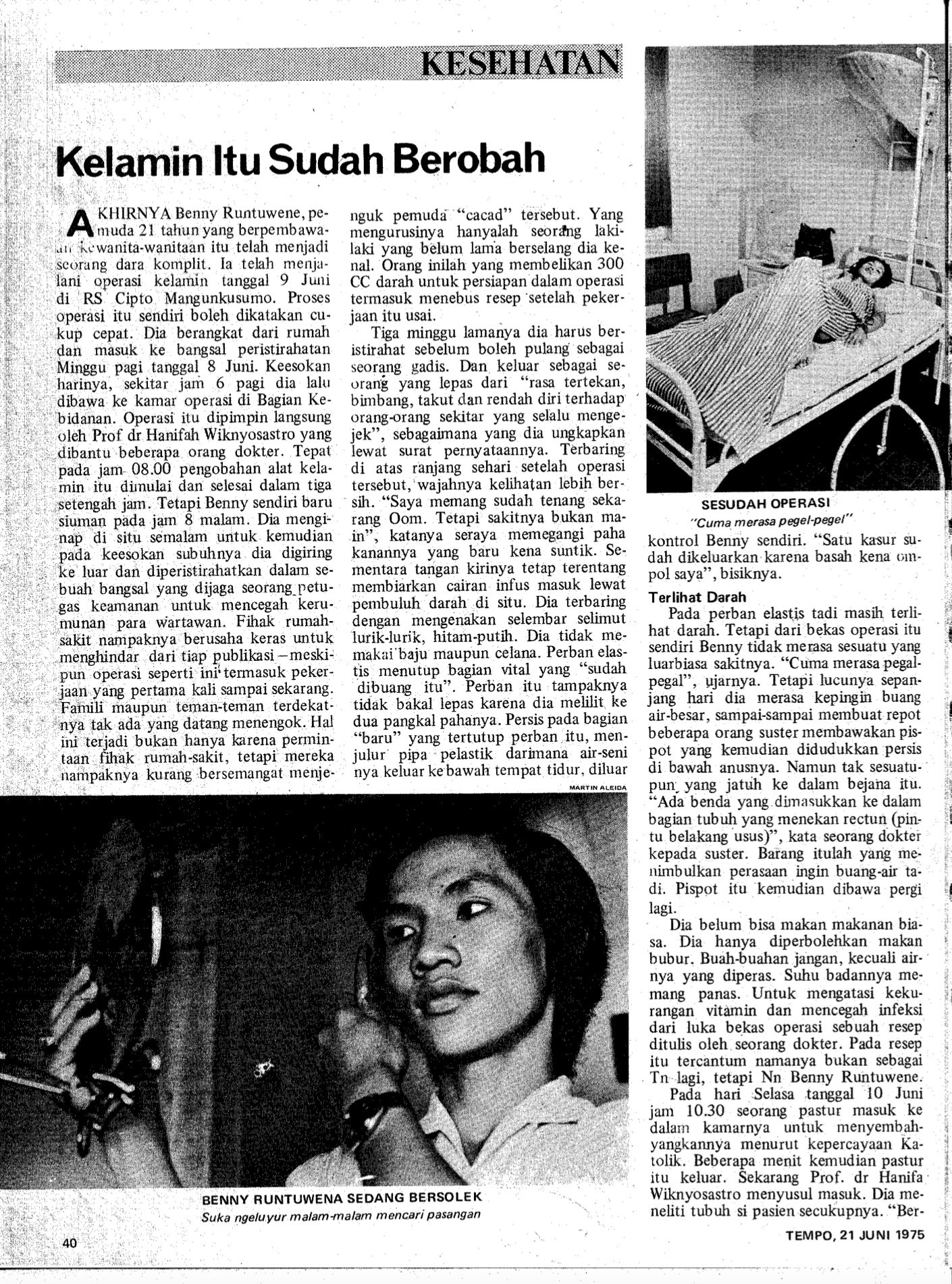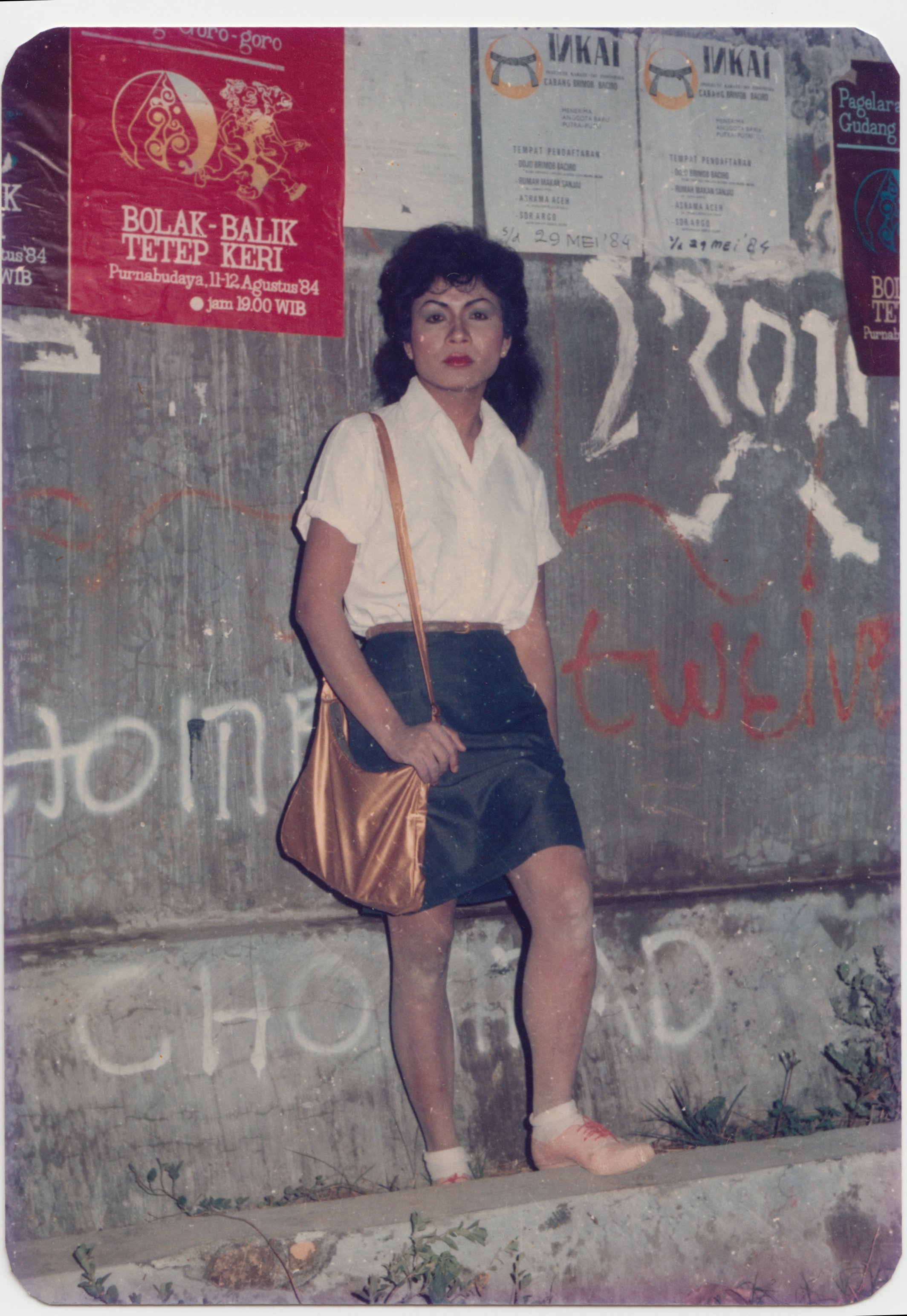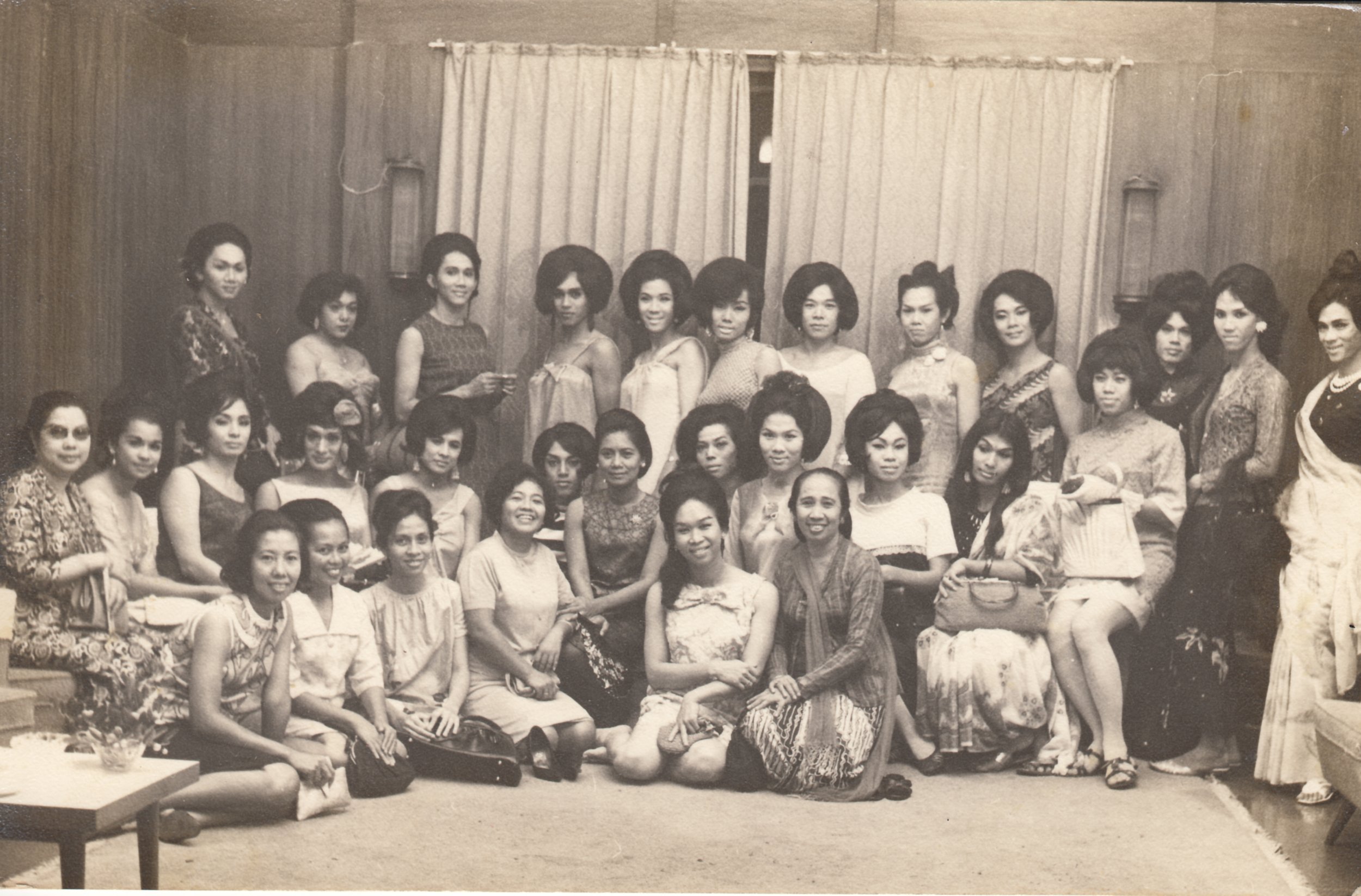The MAde-up state
The Made-Up State investigates the relationship between technology and the globalization of transgender knowledge from the mid-century onwards in Indonesia, the world’s fourth most populous nation but one that is often positioned as marginal to the world system.
Drawing on a rich and varied archive of trans cultural life, the book argues that waria, one Indonesian term for trans femininity established via a novel engagement with the modern gender binary, transformed the relationship between gender, sexuality and technological modernity.
AWARDS AND PRIZES
2023 Anne Bolin & Gil Herdt Book Prize in Human Sexuality (American Anthropological Association)
Reviews of The Made-Up State
“Hegarty's focus on technological mediation raises critical questions about the nature of citizenship in Indonesia. While a range of technologies can empower waria to claim public space, they also serve as tools of control that align individuals with a narrowly defined norm. The book, therefore, moves away from simply providing an account of state intervention. Instead, it swings open a door providing us with a threshold we must cross to rethink how modernity, technology and tradition shape gender in Indonesia.”
“The Made-Up State is thus a remarkable contribution to Indonesian studies, trans studies, and the historical anthropology of gender and sexuality. It offers a compelling account of how waria navigated the developmentalist logics of the New Order through practices of beauty and visibility, while also advancing a theoretical lens on gender that moves beyond Euro-American frameworks. Hegarty has written a sophisticated and theoretically innovative study that will be indispensable for scholars of gender, sexuality, and modern Asia.”
“Scholars working in fields such as transgender studies, critical gender studies, and the anthropology of gender and sexuality have defined gender as a multifaceted concept that surpasses the binary model and seeks to resist modes of essentializing gender. Hegarty's findings enrich this approach by underlining how gender operates as a technological means for categorizing human differences, but with outcomes that necessarily remain incomplete, open-ended, and emergent.”
“Benjamin Hegarty’s The Made-Up State is a sharp intervention into the ‘global’ and ‘local’ dimensions of what has become a near-universal concern with the politics of gender identification and recognition – many countries now grapple with the demands of legal change… The very mapping of gender as an effect of technology is itself remarkable, as is the articulation of the failures of a state to sanction cisgender normativity as the condition for full belonging.
“In his study of waria in modern Indonesia, Ben Hegarty contributes to a rich tradition of analyses that destabilise conventional understandings of the Western social and cultural categories of man and woman… This book is an important contribution to anthropological debates about transgender identities. In tracing the historical trajectory of waria recognition, Hegarty has demonstrated the mutability and instability of gender categories in different political contexts, and the ways in which participatory citizenship is often contingent upon conformity.”
Media and Presentations
I have introduced some of the material that I expand at length in the book in my other writing in addition to the following seminars:
I gave a book talk at the Laboratoire d’étude des sciences et des techniques at the University of Lausanne, Switzerland (February 2025).
I discussed my book on the Cornell University Press 1869 Podcast (November 2023).
I held a book discussion and readings of The Made-Up State with commentary from Dr Chris Hanssmann, Professor Carla Jones, and Dr Alegra Wolter at Deakin University in Melbourne (September 2023).
I held a book discussion to launch The Made-Up State with Professor Dennis Altman and Dr Annisa R. Beta at Carlton Readings (April 2023).
I spoke with Professor Michele Ford on the New Books in Southeast Asian Studies podcast (January 2023).
I spoke to the BBC World Service on their Weekend Program about the history of waria and its ongoing relevance to understanding limits on trans and queer peoples’ public participation (December 2022).
I was quoted in a Guardian UK article about the impact of Indonesia’s revised criminal code passed in December 2022 on gender and sexual minorities (December 2022).
I presented new work emerging from the book about warias’ use of identity cards at the University of Cambridge Center of South Asian Studies (October 2022). (recording available)
I presented on the implications of trans recognition via the category waria during the New Order for reformasi-era politics of decentralisation at the ANU Indonesia Update (September 2022). (video available)
I presented on the relationship between colonial histories of race and gender in the Dutch East Indies at the TransASIA STS group (January 2022). (video available)
I presented on the book manuscript at the Cambridge University Social Anthropology Society (February 2022).
I spoke with Annisa Beta (The University of Melbourne) about the book on the Talking Indonesia podcast (April 2021). (recording available)
I presented on the book manuscript at KITLV/Royal Netherlands Institute of Southeast Asian and Caribbean Studies (September 2019).
I presented on histories of queer visibility in Indonesian politics at the Deakin University Gender and Sexuality Studies Seminar Series (August 2018). (recording available)
I published an essay about the medicalisation of transgender bodies during the New Order for Remotivi in Bahasa Indonesia (August 2017).
